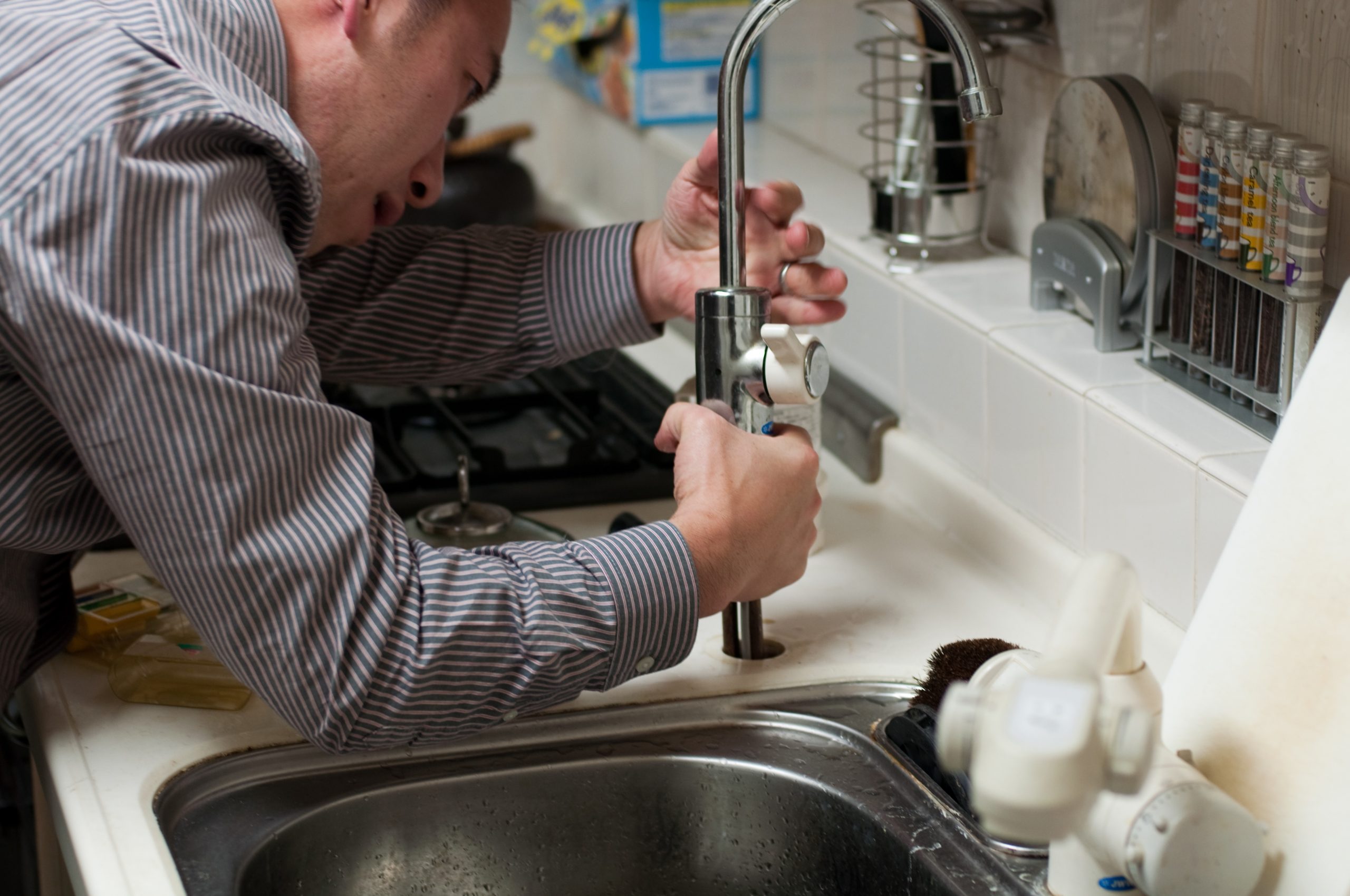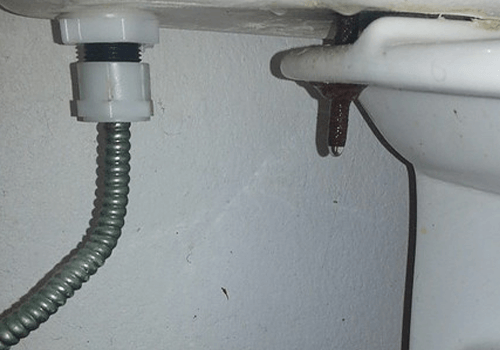Key Winterizing Tips: How to Keep Your Pipes Safe from Bursting in Frigid Temperatures
Key Winterizing Tips: How to Keep Your Pipes Safe from Bursting in Frigid Temperatures
Blog Article
What are your thoughts concerning How to Prevent Frozen Pipes?

All homeowners who stay in temperate environments need to do their finest to winterize their pipes. It is something you must do throughout autumn prior to deep wintertime really starts. Failure to do so can lead to disaster like icy, broken, or ruptured pipes. Below are some useful winterizing hacks to maintain your plumbing system safeguarded even if the climate outside is shocking.
Try a Hair Dryer or Warmth Gun
When your pipelines are almost freezing, your trusty hair clothes dryer or warm gun is a godsend. If the hot towels do not aid remove any type of clearing up ice in your pipelines, bowling warm air straight right into them might help. You may finish up damaging your pipes while attempting to thaw the ice.
Open Cabinet Doors Hiding Plumbing
When it's cold outside, it would certainly be helpful to open closet doors that are masking your pipelines. As an example, they could be someplace in your cooking area or washroom. This will certainly enable the warm air from your heater to circulate there. Therefore, you protect against these revealed pipelines from cold. Doing this small trick can maintain your pipelines warm and limit the possibly hazardous results of freezing temperatures.
Take Some Time to Cover Exposed Water Lines
One clever as well as easy hack to heat up icy pipes is to cover them with warm towels. You can cover them initially with towels. After protecting them in position, you can pour boiling water on the towels. Do it slowly to allow the towels take in the fluid. You can likewise use pre-soaked towels in hot water, simply don't neglect to use safety gloves to guard your hands from the warm.
Activate the Faucets
When the temperature drops and it appears as if the frigid temperature will last, it will help to turn on your water both inside as well as outdoors. This will certainly keep the water streaming with your plumbing systems. Additionally, the activity will reduce the freezing process. Especially, there's no need to turn it on full force. You'll wind up wasting gallons of water in this manner. Instead, aim for concerning 5 drops per minute.
Shut down Water When Pipes are Frozen
Switch off the main water shutoff right away if you observe that your pipes are totally frozen or nearly nearing that phase. You will normally locate this in your cellar or laundry room near the heating system or the front wall surface closest to the street. Transform it off right away to prevent further damage.
With even more water, even more ice will pile up, which will at some point lead to rupture pipes. If you are uncertain concerning the state of your pipes this winter months, it is best to call an expert plumber for an evaluation.
All homeowners that live in warm climates must do their ideal to winterize their pipes. Failure to do so can mean disaster like icy, broken, or ruptured pipes. If the warm towels do not help displace any type of settling ice in your pipelines, bowling hot air straight right into them may aid. Turn off the main water shutoff quickly if you discover that your pipes are entirely frozen or almost nearing that stage. With even more water, more ice will load up, which will eventually lead to break pipelines.
PREVENT YOUR PIPES FROM FREEZING THIS WINTER
A Leading Cause of Property Damage
When the weather is taking a deep nose dive into the cold dreary days, the risk of your pipes freezing and potentially bursting skyrockets. Unfortunately, during these cold dreary months, burst pipes are the most common denominator for property damage. The pipes that are most at the risk are those that are in areas where it is most cold in your home. For instance, pipes located in interior places such as basements, attics, and your garage. Unfortunately, that doesn’t mean that the pipes running through your cabinets or exterior walls can’t freeze. Good news, however, is that you can do things to help prevent pipes from freezing.
How to Prevent Pipes From Freezing
Once the temperature starts to drop during the winter, you should be taking the proper measures needed to ensure that your pipes stay warm and that there is circulation of water through them. Some steps that experts may recommend could go against your better judgement when it comes to saving water and heat. However, it would go without saying that when expenses are compared, damaged pipes could put a bigger dent in your wallet than a water bill.
What Can I Do?
Keep your garage door closed. This is very important, especially if you have water supply lines running through your garage. Open your kitchen and bathroom cabinets to allow warm air to circulate through them. Allow air circulation throughout your home. Keeping the interior doors open will once again allow the warm air to circulate inside your home. Ensure your thermostat is running the same temperature throughout the night and day. If you plan to be away from home during the cold months, set your temperature no lower than 55° F. This should provide enough heat to keep the pipes warm and prevent any remaining water inside the pipes from freezing. For more of a long-term solution, add insulation to attics, basement, and other crawl spaces around your home. By allowing your faucet to drip, it will alleviate pressure in the system. This is important because the pressure that is created between the blockage and the faucet can potentially cause the pipes to burst. Allowing the faucet to drip will prevent the pressure from building up, therefore keeping the pipes from bursting. Seal any cracks, openings, and crawl spaces around your home to prevent cold air from coming inside. This keeps your pipes-not to mention your home-warmer and less susceptible to issues caused by freezing temperatures. For the pipes in your home that are easily accessible, applying electrical tape to them might prevent them from freezing over. This is a quick fix, as you can apply the tape directly to the pipe. There are two options for heating tapes. One turns on and off by itself when it senses heat is needed. The other type of heating tape needs to be applied when heat is needed and removed when not necessary. If you have exposed pipes in your home, you can check this website to take a look at a few options that would be available at a shop near you.

As a keen reader about Winterizing Your Pipes, I was thinking sharing that blog post was worth the trouble. Are you aware of someone else who is in the market for the subject? Please feel free to promote it. Thank you for going through it.
Instant Quote Report this page